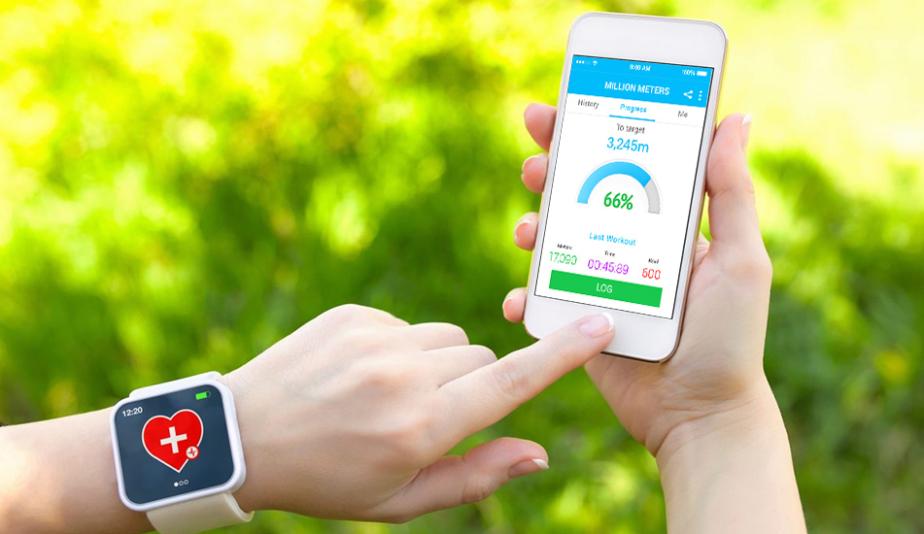Are Fitness Apps Accurate?
With the increasing popularity of fitness apps, individuals are increasingly relying on these digital tools to track their physical activity, monitor their progress, and make informed decisions about their health and fitness. However, a critical question arises: Are fitness apps accurate in providing reliable data?

Types Of Fitness Apps
Fitness apps come in various forms, each serving a specific purpose and utilizing different technologies to collect data.
- Step Counters: These apps use built-in sensors or smartphone accelerometers to count the number of steps taken.
- Heart Rate Monitors: These apps use optical sensors or chest straps to measure heart rate during exercise or rest.
- GPS Trackers: These apps use GPS technology to track the distance, pace, and route of outdoor activities like running, cycling, or hiking.
- Calorie Counters: These apps estimate the number of calories burned during exercise or throughout the day based on various factors like activity level, weight, and gender.
- Workout Trackers: These apps provide guided workouts, track repetitions, sets, and rest periods, and offer feedback on exercise performance.
Factors Affecting Accuracy
The accuracy of fitness apps can be influenced by several factors, including:
- Hardware Limitations: The quality and precision of the sensors used in fitness devices can impact the accuracy of the data collected.
- Software Algorithms: The algorithms used by fitness apps to process and interpret raw data can vary, leading to potential discrepancies in the results.
- User Input Errors: Incorrect or inaccurate user input, such as entering incorrect personal information or failing to properly calibrate devices, can affect the accuracy of the data.
- Environmental Conditions: Factors like GPS signal strength, weather conditions, and the presence of obstacles can influence the accuracy of GPS tracking and other outdoor activities.
Common Inaccuracies
Common inaccuracies observed in fitness apps include:
- Inaccurate Step Counts: Fitness apps may overestimate or underestimate the number of steps taken due to factors like device placement, stride length, and activity type.
- Incorrect Heart Rate Readings: Optical heart rate sensors may struggle to provide accurate readings during high-intensity activities or in individuals with darker skin tones.
- GPS Tracking Errors: GPS signals can be affected by tall buildings, dense vegetation, or poor weather conditions, leading to inaccurate distance and pace measurements.
- Calorie Counting Discrepancies: Calorie counting algorithms can vary widely, and accuracy can be affected by factors like activity intensity, body composition, and individual metabolism.
- Workout Tracking Inconsistencies: Workout trackers may not accurately capture all repetitions or sets, especially for complex exercises or when using improper form.
Improving Accuracy

To improve the accuracy of fitness apps, consider the following strategies:
- Use High-Quality Hardware Devices: Invest in fitness devices with high-quality sensors and accurate tracking capabilities.
- Ensure Proper Calibration of Devices: Follow the manufacturer's instructions to properly calibrate your fitness devices for optimal accuracy.
- Pay Attention to User Input Accuracy: Enter accurate personal information and ensure proper device placement to minimize user input errors.
- Consider Using Multiple Apps for Cross-Validation: Use multiple fitness apps and compare the data to identify potential inconsistencies and improve accuracy.
- Be Aware of Environmental Factors That May Affect Accuracy: Consider environmental conditions that may impact the accuracy of GPS tracking or other outdoor activities.
Fitness apps can be valuable tools for tracking physical activity and monitoring progress, but it is essential to be aware of their limitations and potential inaccuracies. By understanding the factors that affect accuracy and taking steps to improve it, individuals can make informed decisions about their fitness journey and use fitness apps as effective tools for achieving their health and fitness goals.
YesNo
Leave a Reply